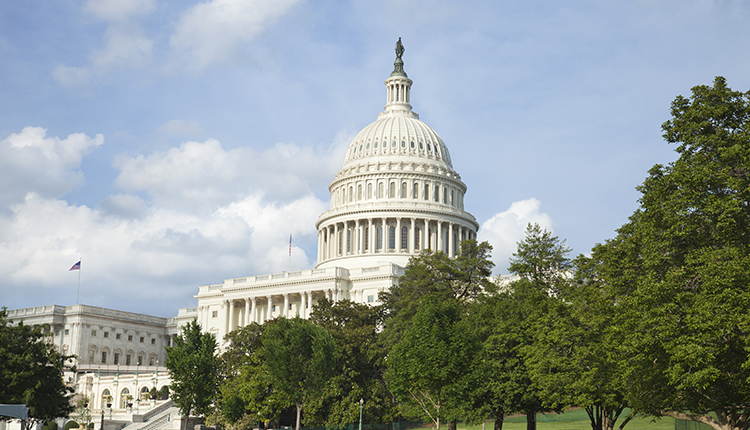
The National Retail Federation was among 90 retail industry trade groups that sent a letter to the White House March 21 applauding the Trump Administration and House and Senate leadership for their efforts to protect public health and minimize the economic impact of the coronavirus pandemic.
The letter states, “The economic harm from social distancing and mandatory store closures is real. Layoffs and economic hardship will surely follow, particularly for smaller, specialty retailers and brands. The biggest single issue facing the industry right now is liquidity, and federal stimulus efforts must be swift and flexible enough to address the urgent need for access to credit to keep these businesses afloat.”
The retail industry, and the associated suppliers they support, are suffering cumulative losses that amount to tens of billions of dollars every week. As the nation’s largest private-sector employer, supporting 52 million working Americans, retailers are committed to sustaining their workforce even if stores must close temporarily.
The 90 national and state retail organizations that signed onto the letter agree that the paramount issue facing the industry right now is liquidity. The groups urged policymakers to consider proposals that protect and preserve the economic health of the retail workforce and provide sufficient liquidity for small, medium and large-scale businesses to remain viable through until the end of the crisis.
“While some retail businesses may be considered ‘essential’ and may be able to remain open, many will not. It is important that the stimulus package provide a bridge, not a bailout, that is flexible enough for retailers and related suppliers of any size.”
The letter and list of supporters is accessible here.
NRF has engaged with the White House, Treasury and Congress throughout these stimulus bill negotiations and continues to do so. NRF also sent this letter to the Administration and Congress earlier this week.
NRF has created an online resource center for all retailers to access the latest information from government agencies and health experts to minimize the spread of the disease. ■


